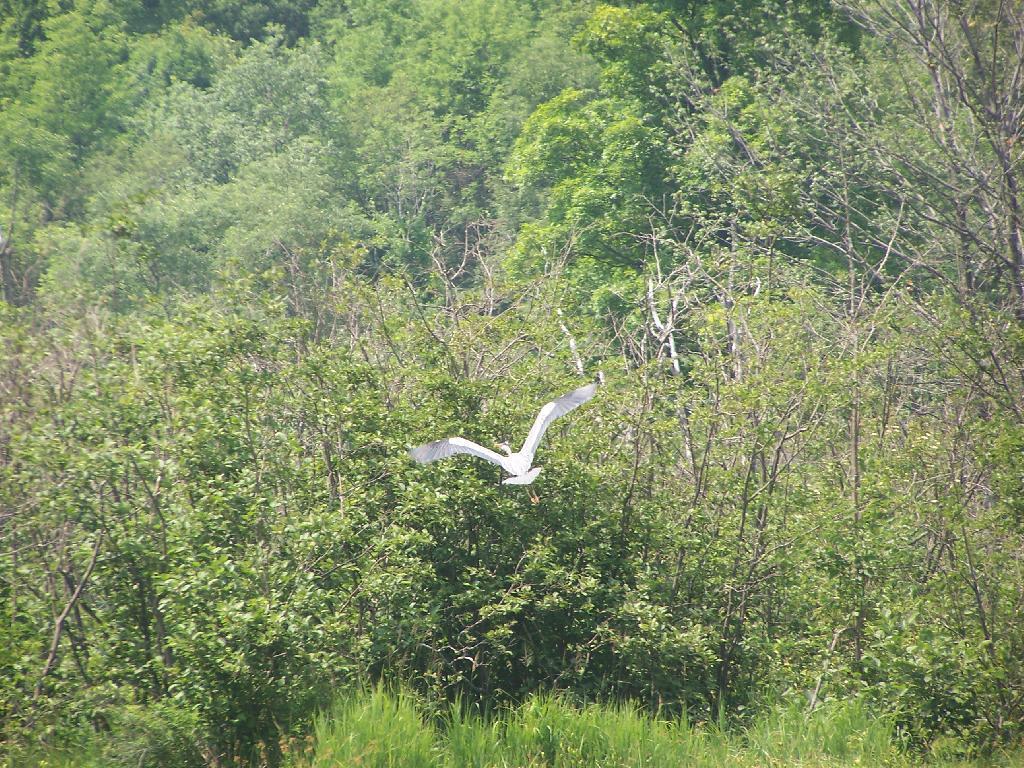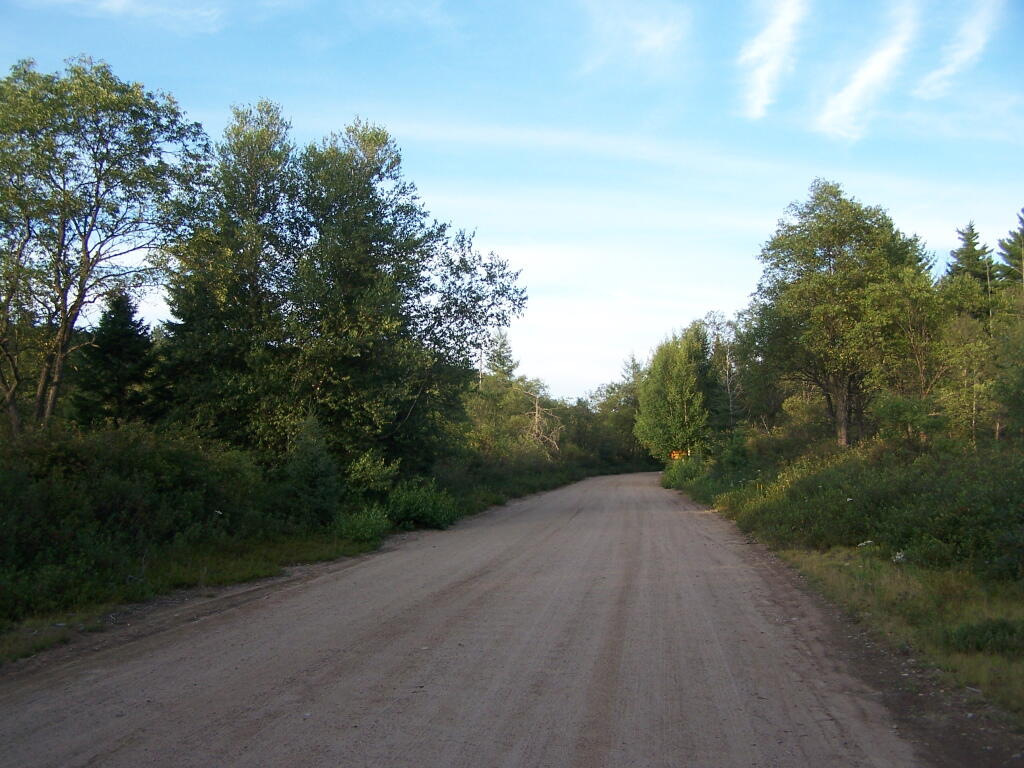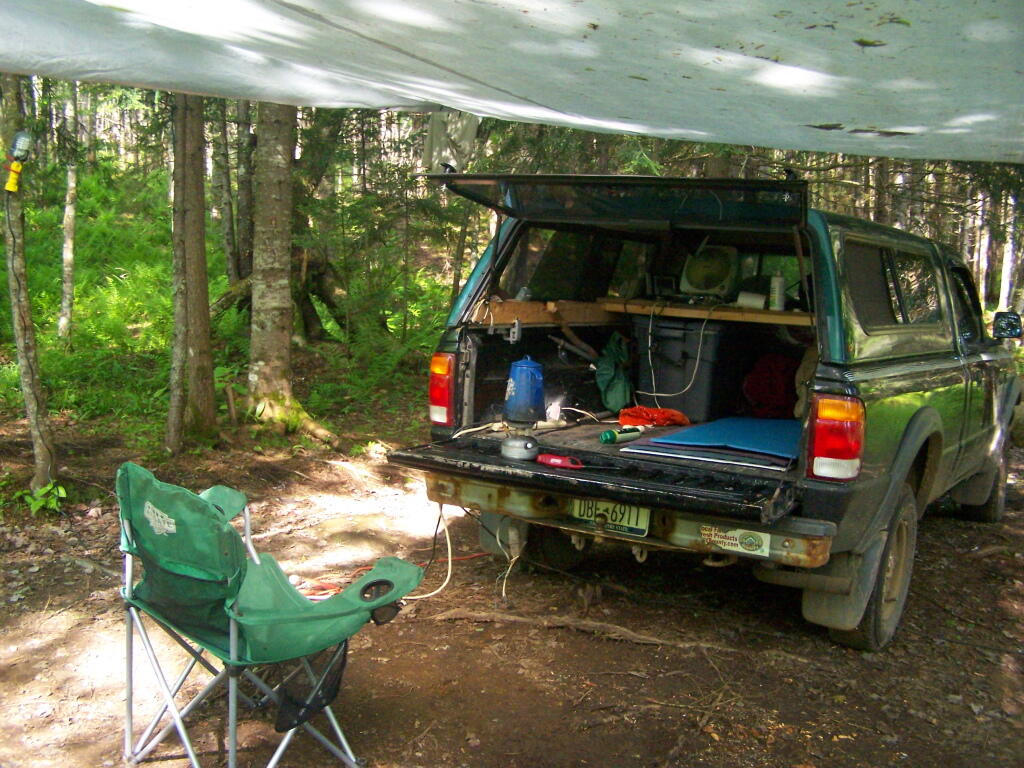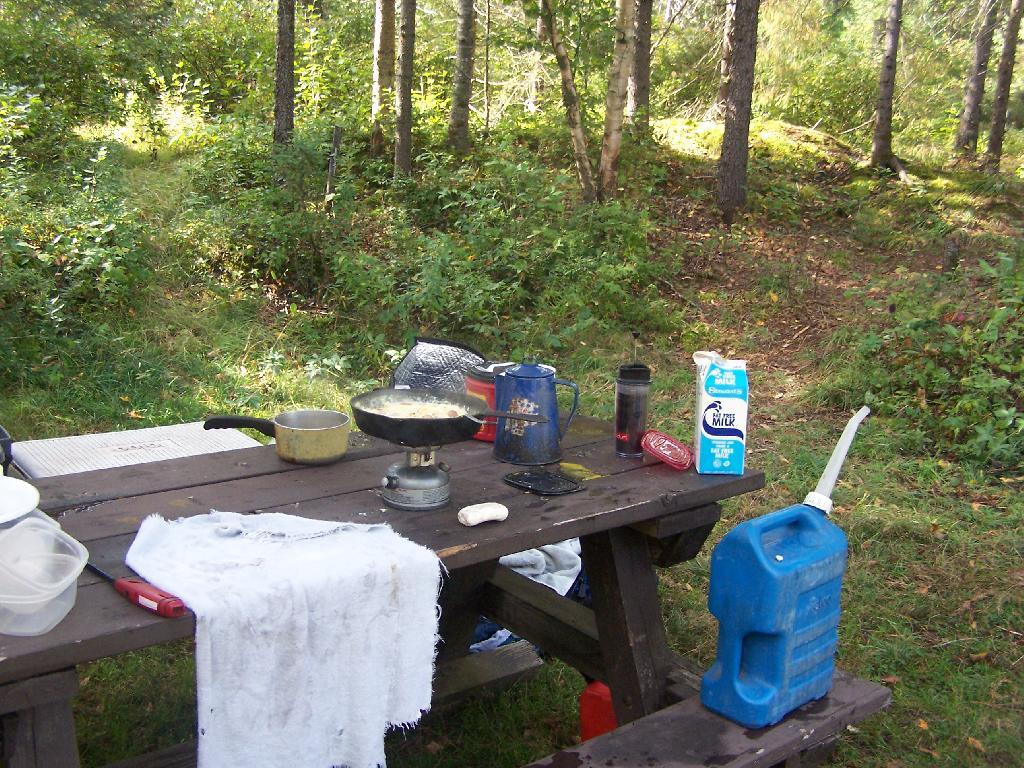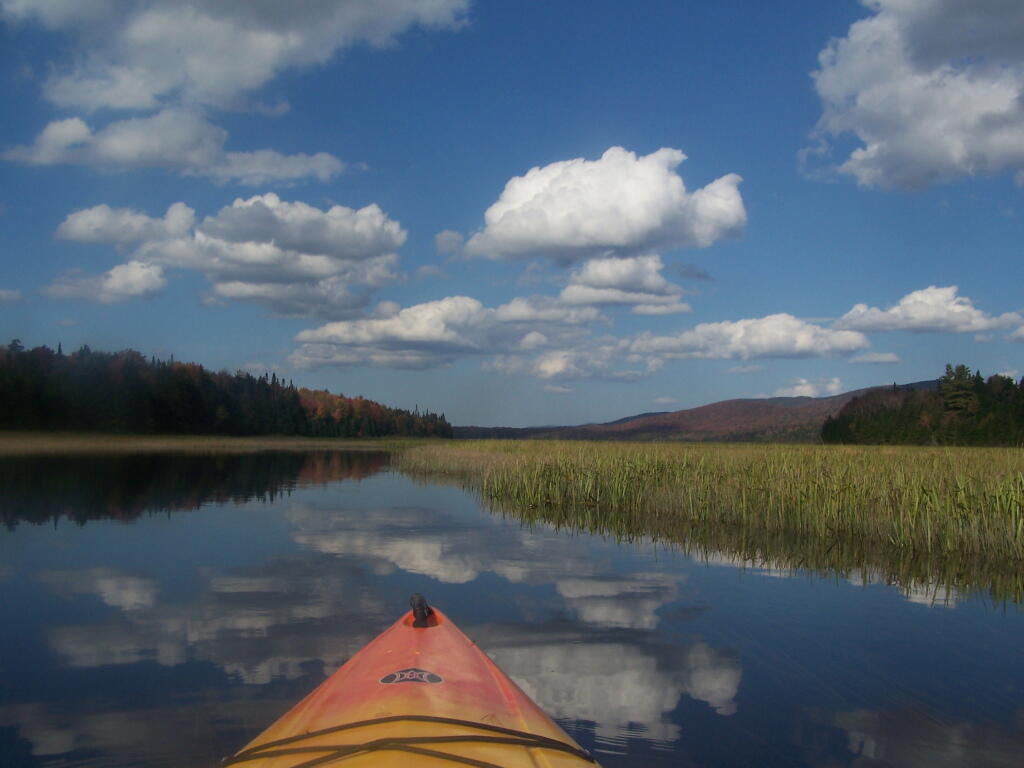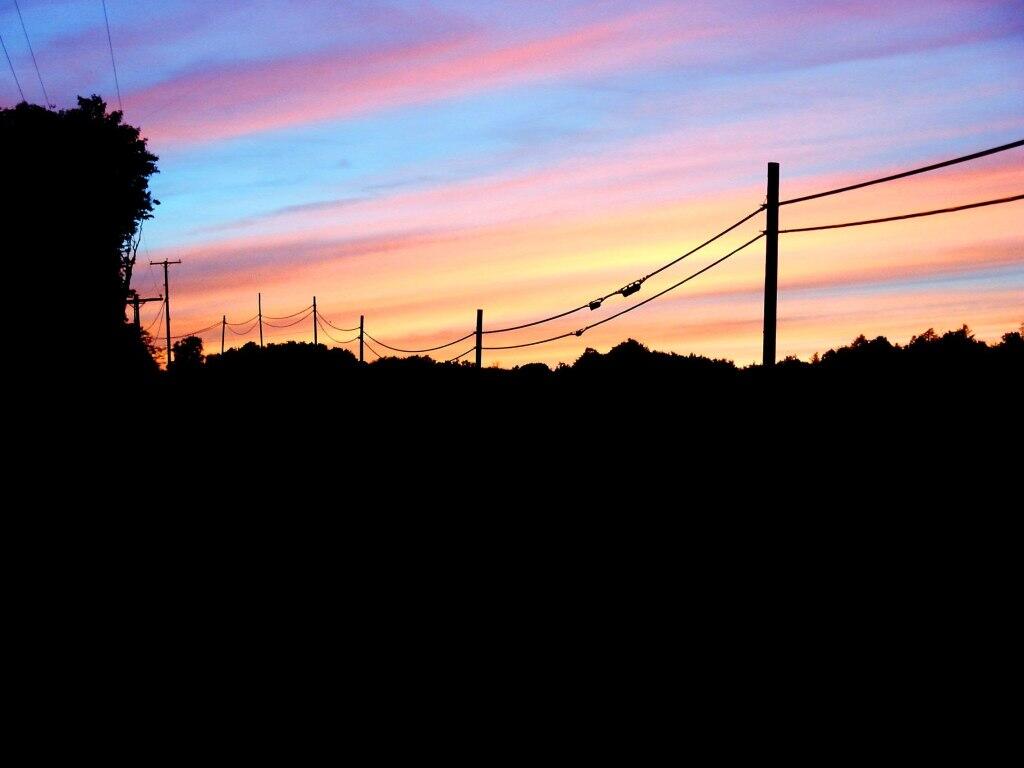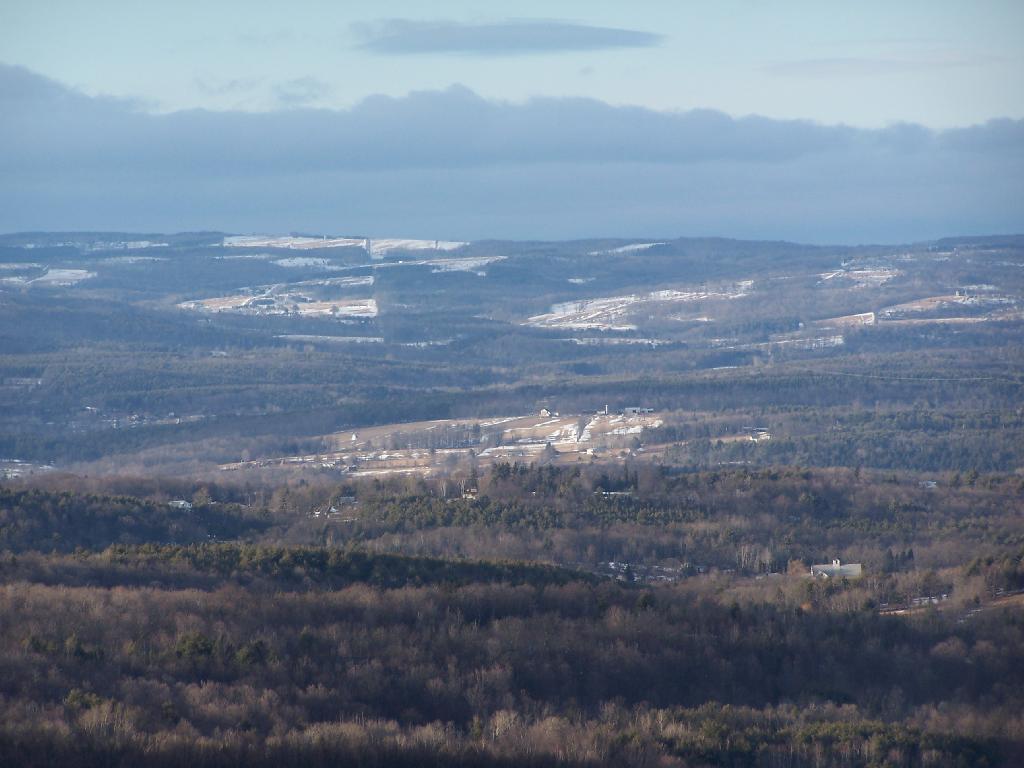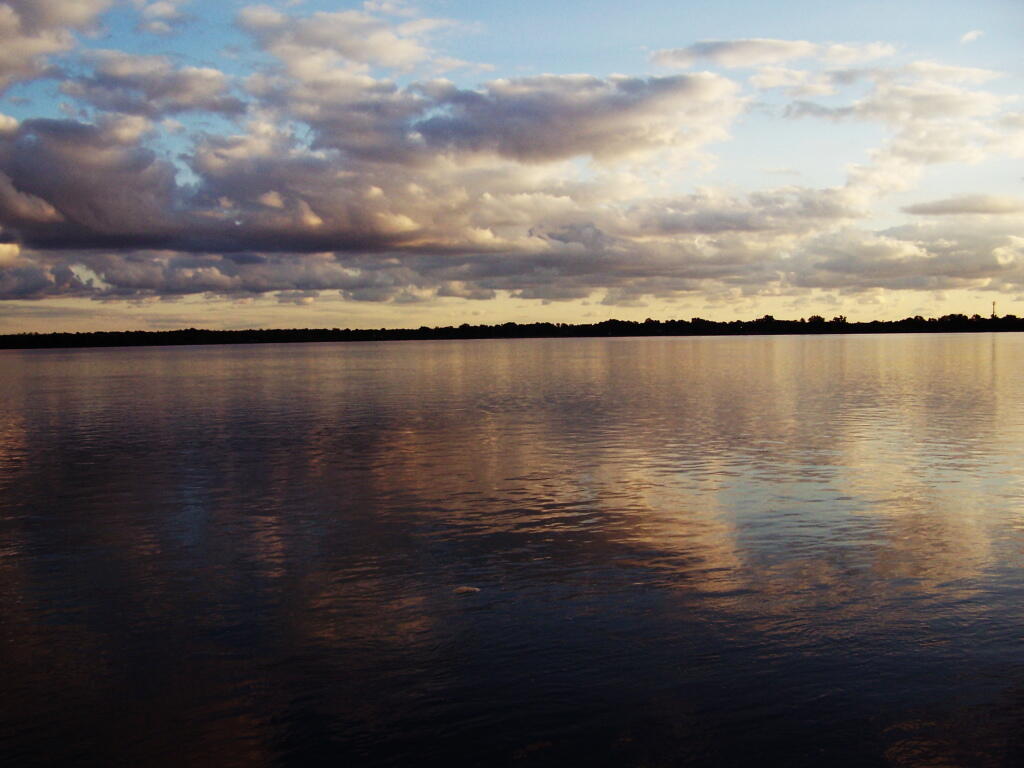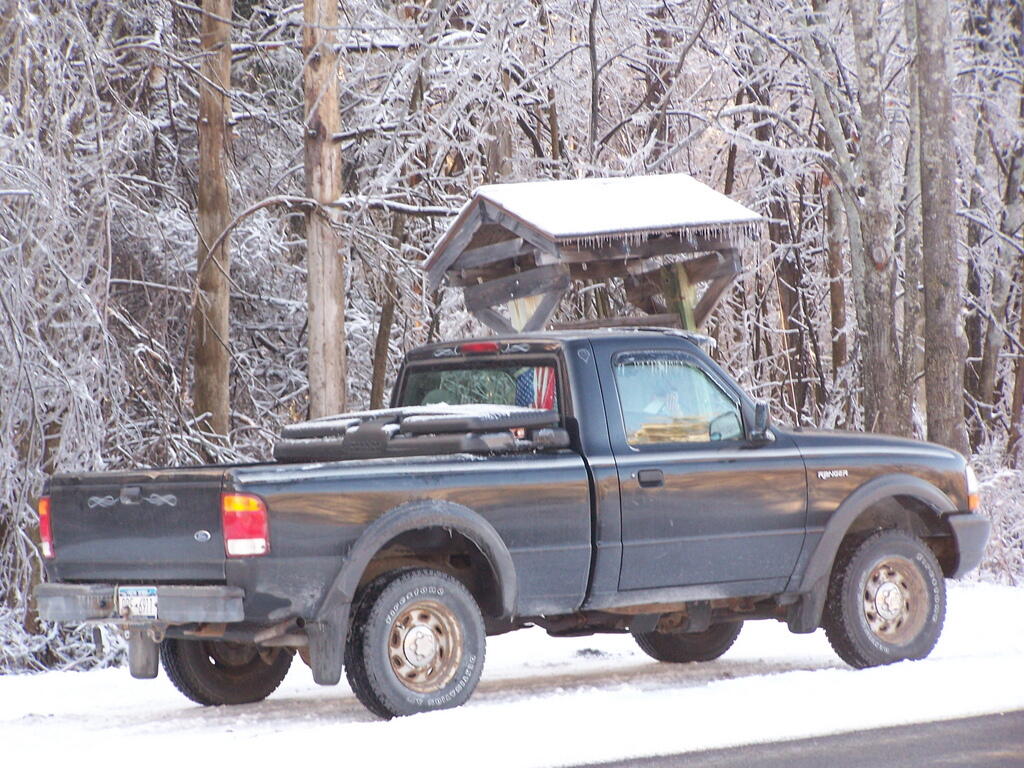I have been thinking a lot lately about the High Gas Prices and what they mean for summer plans. I typically enjoy traveling by doing roadside camping in the Adirondack Park and other public lands, so one of the biggest costs in my experiences is gasoline.
I knew gas prices might be high when I bought my truck by spring time. They often are highest around election time, only to fall back down to lower levels after election season. This summer is no exception.
So I was thinking about what this all means…
1) Planning longer trips and fewer shorter trips. A lot of the gas is consumed driving back and forth to destination. Far less gasoline is consumed when one is at their destination.
2) Chose to spend longer time in one destination. Usually when I am on vacation I tend to rush to one place to another, consuming a lot of gasoline.driving from one place to another in the Adirondacks or wherever I may be. Why not pick a campsite, and spend more time enjoying the immediate landscape?
3) Avoid idling as much as possible. Hopefully with the deep cycle battery on my pickup, I will be able to keep idling to generate electricity for camping to a minimum.
4) Consider campsites that have as much nearby as possible to do. Possibly choosing campsites near a lake for paddling — like the Wakley Dam Campsites at Cedar River Flow or any of the campsites along North Lake in Adirondacks.
5) Realize that gas costs really haven’t gone up that much from last year. While gas may cost an additional buck an gallon, that still only means an additional $20-$30 per trip, if the plan is drive between 400-600 miles for vacation. If your already spending $60-90 for your trip on gas, what difference is between that and $80-$120. More money, but if your having fun, so be it.
6) Not Skipping Things on Trips Because of Gas Costs. In my view it’s pretty stupid to not spend an additional $10 in gas, if have already burned through $40 in gas to get to your destination. If there is something worth seeing, you got to do it.
7) Finally, just not worry about it. If I am on vacation, just put the gas on the credit card. I will worry about paying it down when I get back home. Things are going to cost what they cost, and I don’t really care much one way or another.
